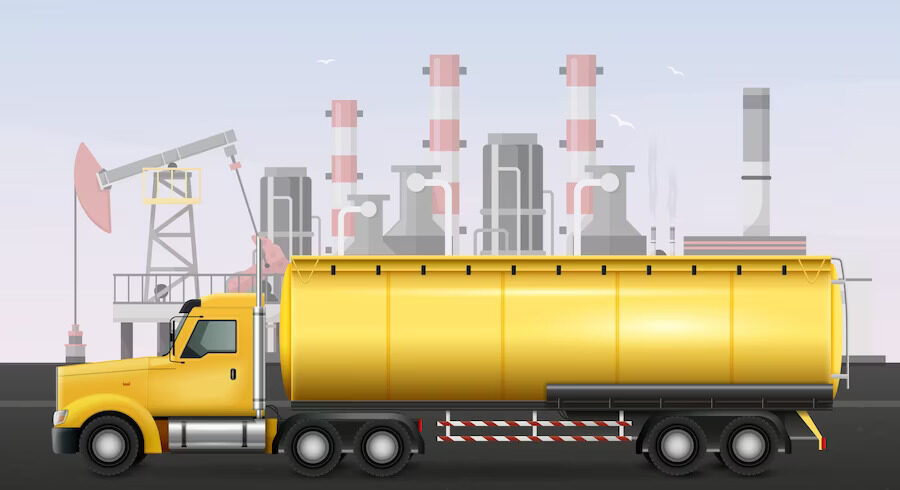- 1.1 Cost Savings
- 1.2 Convenience
- 1.3 Improved Efficiency
- 1.4 Increased Safety
- 1.5 Environmental Benefits
Fuel is a critical component of any construction business, and managing fuel consumption can be challenging. One solution to this challenge is to use a fuel delivery service. Fuel delivery services provide a range of benefits for construction businesses, including cost savings, convenience, and improved efficiency. This article will explore the benefits of using a fuel delivery management system service for your construction business.
Benefits of Using a Fuel Delivery Service for Your Construction Business
Cost Savings
Cost reductions are among the most important advantages of adopting a fuel delivery management solution service. Construction companies can cut costs in several ways by using fuel delivery services:
- Buying fuel in bulk can result in significant cost savings for construction companies thanks to fuel delivery services.
- Competitive pricing: Fuel delivery services frequently have reasonable prices, which can help construction companies cut their fuel expenses.
Gasoline delivery services can assist in cutting labour costs related to gasoline management, allowing construction companies to concentrate on their core industries.
Convenience
Convenience is also another essential advantage of employing a fuel delivery service. For enterprises in the construction industry, fuel delivery services provide several benefits, including:
- On-site fueling: Fuel delivery providers can offer on-site fueling, saving construction companies the time and expense of going to a fueling station.
- Flexible scheduling: gasoline delivery services allow construction companies to schedule gasoline deliveries at a time that suits them.
- Less downtime: Fuel delivery services can assist in minimising the downtime related to fuel management, allowing construction companies to concentrate on their primary business activities.
Improved Efficiency
The effectiveness of construction companies can also be increased with the aid of fuel supply services. Fuel delivery services can increase effectiveness in several ways, including:
- Fuel delivery services can aid in decreasing fuel waste by delivering precise fuel measurements and lowering the possibility of spills.
- Better fuel tracking: Fuel delivery services can offer in-depth fuel tracking, enabling construction enterprises to measure fuel usage and pinpoint problem areas.
- Lessened administrative strain: By easing the administrative burden associated with fuel management, fuel delivery services can free up construction companies’ time to concentrate on their core business operations.
Increased Safety
Fuel delivery services can also improve safety for enterprises engaged in construction. Fuel delivery services can improve safety in several ways, including:
- Fuel delivery services can help lower the danger of spills, which can be hazardous to workers and the environment.
- Better fuel storage: Fuel delivery services can offer secure gasoline storage, lowering the possibility of spills and accidents.
- Regulation compliance: Fuel delivery services can assist construction companies with storing and handling fuel requirements, lowering the danger of fines and penalties.
Environmental Benefits
Finally, gasoline delivery services can assist the environment for enterprises engaged in construction. Fuel delivery services can help the environment in several ways, including:
- Lower carbon emissions: Fuel delivery services can help lower carbon emissions by supplying fuel-efficient vehicles and eliminating the need for construction companies to travel to a fueling station.
- Lessened fuel waste: Fuel delivery services can aid in lessening fuel waste, which could benefit the environment.
In summary, using a gasoline delivery service can offer construction companies several advantages, such as cost savings, convenience, increased efficiency, safety, and environmental benefits. By outsourcing fuel management to a gasoline delivery service, construction companies can concentrate on their primary business operations and improve their bottom line.
